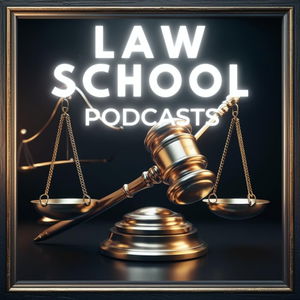

Dela
Podden och tillhörande omslagsbild på den här sidan tillhör
The Law School of America. Innehållet i podden är skapat av The Law School of America och inte av,
eller tillsammans med, Poddtoppen.